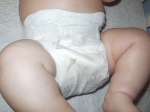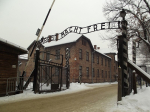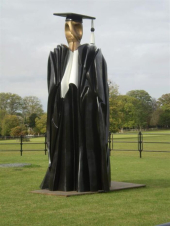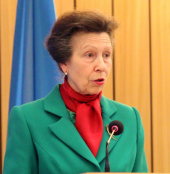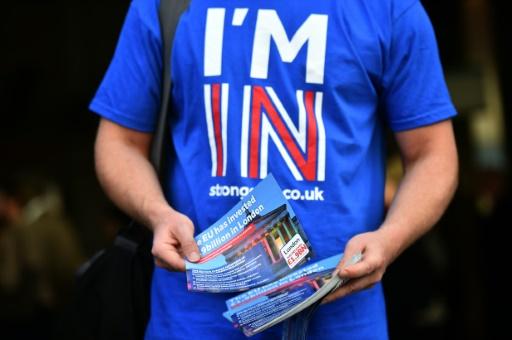
Activists hit the streets Friday for the first official day of campaigning over Britain's "Brexit" referendum, firing the starting pistol on a tense 10-week battle over the country's future in Europe.
Opinion polls suggest the British public is evenly split ahead of the June 23 vote, which could bring down Prime Minister David Cameron and plunge one of the world's leading economies into uncertainty.
The referendum -- Britons' first direct say on the divisive issue of Europe in 41 years -- is also being nervously watched in Washington and Brussels, where a British exit would add to a long list of EU crises.
"We absolutely think we're going to win it," Peter Reeve, a spokesman for the UK Independence Party (UKIP), told AFP as he campaigned in Peterborough -- a market town in eastern England where an influx of East European workers has angered many locals.
Charismatic London Mayor Boris Johnson will lead a "Brexit blitz" with rallies on Friday and Saturday where he will try to persuade Britons that they could thrive if cut free from European Union red tape.
Johnson has compared leaving the 28-country bloc to escaping from prison, saying the referendum was "like the jailer has accidentally left the door of the jail open and people can see the sunlit lands beyond".
- 'Project Fantasy' -
In the "Remain" corner is Cameron, who says Britain has a "special status" within the EU thanks to a renegotiation he sealed in February, and that the country will be richer and stronger if it stays in.
Former finance minister Alistair Darling lashed out at Brexit backers in a speech on Friday, accusing them of "playing with fire" and offering "Project Fantasy".
"This is a very, very close vote. No one can predict with any certainty what is likely to happen," he told a Britain Stronger In Europe event in London.
In Covent Garden in the heart of rain-soaked London, anti-Brexit volunteers were handing out leaflets to workers on their lunch breaks Friday.
"Financially, it would be a disaster if we left the EU," said Gael Simmonds, wearing an "I'M IN" t-shirt.
Robin Phelps, 38, added: "There is a narrative saying 'In' voters are not so enthusiastic. I'm not sure that's true because I think when the reality dawns that it can be risky, they'll turn out."
However, John Curtice of Strathclyde University, Britain's leading poll expert, said the evidence available so far consistently points to Leave' voters "being keener to make it to the polls".
Overall, the "Remain" and "Leave" camps are neck-and-neck on 50 percent support, according to a poll of polls run by academics at the What UK Thinks project, with around one fifth of voters undecided.
- 'Straightforward and candid' -
Both camps have planned dozens of events across Britain to launch their campaigns, mobilising volunteers to hand out leaflets in a bid to win over fellow Britons.
"Remain" supporters can also count on the backing of US President Barack Obama, who will head to London next week to join an international chorus of leaders imploring Britain not to leave the EU.
His foreign policy adviser Ben Rhodes said the president would be "very straightforward and candid... as to why the US believes that it is good for the UK to remain."
Cameron is confident of winning the poll, despite deep divisions within his Conservative party on Europe.
His campaign has the support of the main political parties and some of the country's biggest employers.
Global bodies such as the International Monetary Fund have also warned that Brexit could damage Britain.
Debate about whether Britain should stay in the EU has been raging for weeks, but the race shifted up a gear this week when election officials named the two official campaigns, unlocking a treasure chest of publicly funded benefits for both sides.
After months of infighting, the "Vote Leave" campaign beat the Leave.EU campaign supported by UKIP leader Nigel Farage to be named the official Brexit campaign. afp















